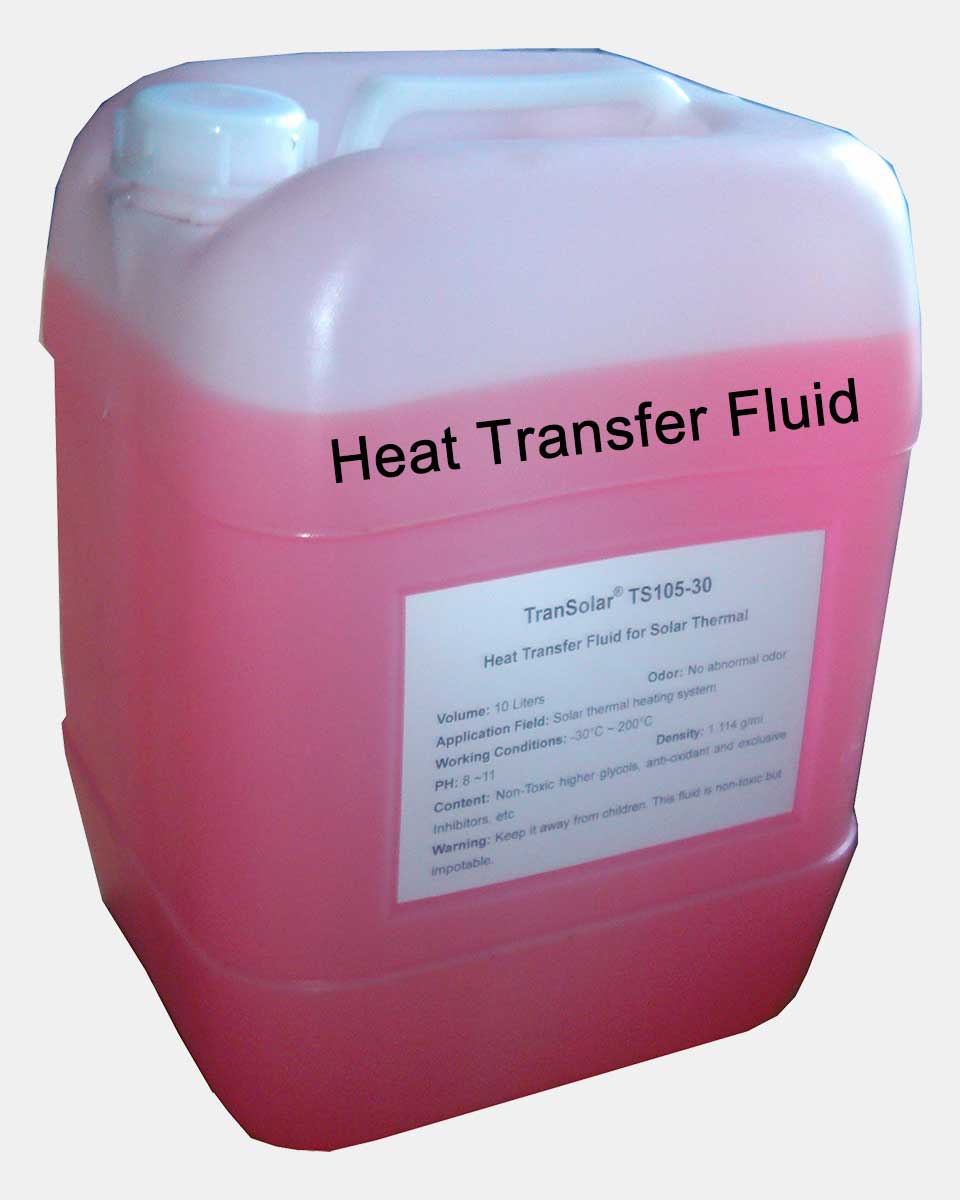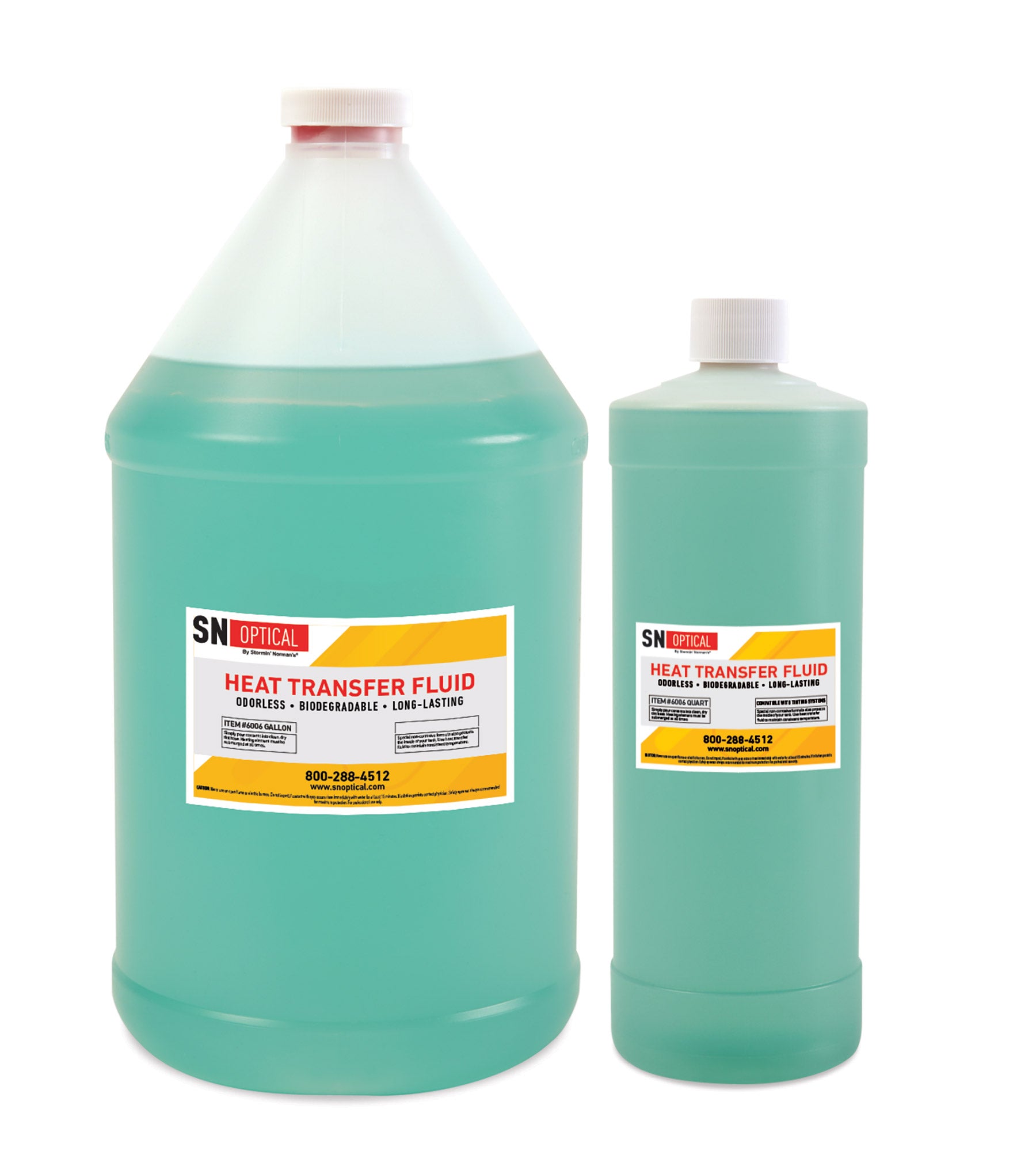Just How to Securely Manage and Throw Away Utilized Heat Transfer Fluid
Just How to Securely Manage and Throw Away Utilized Heat Transfer Fluid
Blog Article
Why Warm Transfer Fluid Is Important for Optimizing Power Transfer in Solution
The role of warmth transfer fluids in optimizing power transfer is critical for attaining efficient thermal management across numerous industrial fields. These liquids promote smooth warmth exchange, ensuring processes operate within optimum temperature arrays and mitigating the danger of overheating.

Role in Thermal Management
Heat transfer liquids play a crucial duty in thermal monitoring by successfully controling temperatures in various industrial procedures and systems. These specialized liquids assist in the transfer of warm between different parts, making certain optimum operating conditions and avoiding overheating. By keeping specific temperature level control, warm transfer fluids make it possible for sectors such as chemical production, oil and gas, and power generation to run securely and effectively.
The choice of a suitable heat transfer fluid relies on a number of elements, including thermal stability, warmth ability, and thickness. High thermal security makes sure that the fluid can endure extreme temperature levels without weakening, while a high warm capability allows it to absorb and launch significant quantities of warm - heat transfer fluid. Low viscosity minimizes the energy needed for pumping, adding to total system effectiveness
Moreover, warm transfer liquids are essential in applications like refrigeration, where they aid take in and dissipate warmth during the cooling cycle. In solar thermal power systems, these liquids capture and transport solar warmth to generate electricity or supply warm water. Their versatility to varied operating conditions and capacity to maintain constant thermal efficiency underscore their value in commercial thermal monitoring, assisting in functional continuity and improving safety and security steps.

Enhancing System Efficiency
To make best use of the advantages of thermal management, improving system efficiency via the tactical use warm transfer liquids is paramount. These liquids play a vital role in maximizing energy transfer by promoting constant thermal law, which consequently influences the general performance and durability of systems. Reliable heat transfer brings about reduced power losses, minimized operational prices, and enhanced reliability of devices. By maintaining optimum temperature degrees, heat transfer fluids aid ensure that systems run within their designed parameters, thus protecting against getting too hot and decreasing the danger of part failing.

Kinds Of Warm Transfer Liquids
The variety of warm transfer liquids emphasizes their vital duty in a range of commercial applications, each customized to satisfy certain thermal administration demands. These fluids facilitate efficient power transfer and are picked based upon essential buildings such as thermal security, viscosity, and heat capacity. The key kinds include water, glycol solutions, oils, and synthetics, each offering distinctive benefits.
Water is the most usual visit our website warm transfer medium due to its high specific warmth ability and reduced expense. Mineral oils are preferred for their thermal security and non-corrosive nature, making them suitable for high-temperature applications.

Synthetic liquids, consisting of silicone and aromatic substances, give outstanding thermal stability and are utilized in environments requiring severe temperature varieties. These fluids make sure premium performance in systems where traditional fluids may stop working. The choice of a warmth transfer liquid is critical, as it influences system efficiency, security, and durability. Each type needs to be picked to straighten with the operational needs and the specific conditions of the application it serves.
Environmental and Economic Advantages
Utilizing the right warmth transfer liquids offers significant ecological and financial advantages for industrial procedures. Ecologically pleasant heat transfer liquids, typically biodegradable and safe, reduce the threat of soil and water contamination in the occasion of leaks or spills, consequently safeguarding ecological communities and conforming with rigorous environmental laws.
Economically, the ideal warm transfer fluid can considerably decrease operational costs. Fluids with extended lifecycle performance lower the regularity of substitutes and upkeep, lowering downtime and linked prices. On the whole, the calculated usage of ideal warmth transfer liquids sustains lasting economic development and ecological stewardship.
Choosing the Right Liquid
Exactly how does one navigate the complicated process of selecting the right warmth transfer liquid for commercial applications? Thermal stability makes certain the fluid can hold up against high temperatures without weakening, while compatibility avoids deterioration or other destructive reactions with system parts.
In addition, the liquid's warm capability and viscosity are paramount. A high warmth ability enables the fluid to absorb and move even more power, improving efficiency.
Conclusion
The strategic selection and application of warmth transfer liquids are essential to enhancing energy transfer across numerous systems. By making certain high thermal security and capability, these fluids visit homepage provide precise temperature level control and improve general system effectiveness. This optimization adds to reduced functional expenses and lower greenhouse gas emissions, hence advertising sustainability. The selection of fluid, tailored to specific thickness and operational demands, is crucial for making best use of performance and achieving financial and environmental benefits in commercial procedures.
Report this page